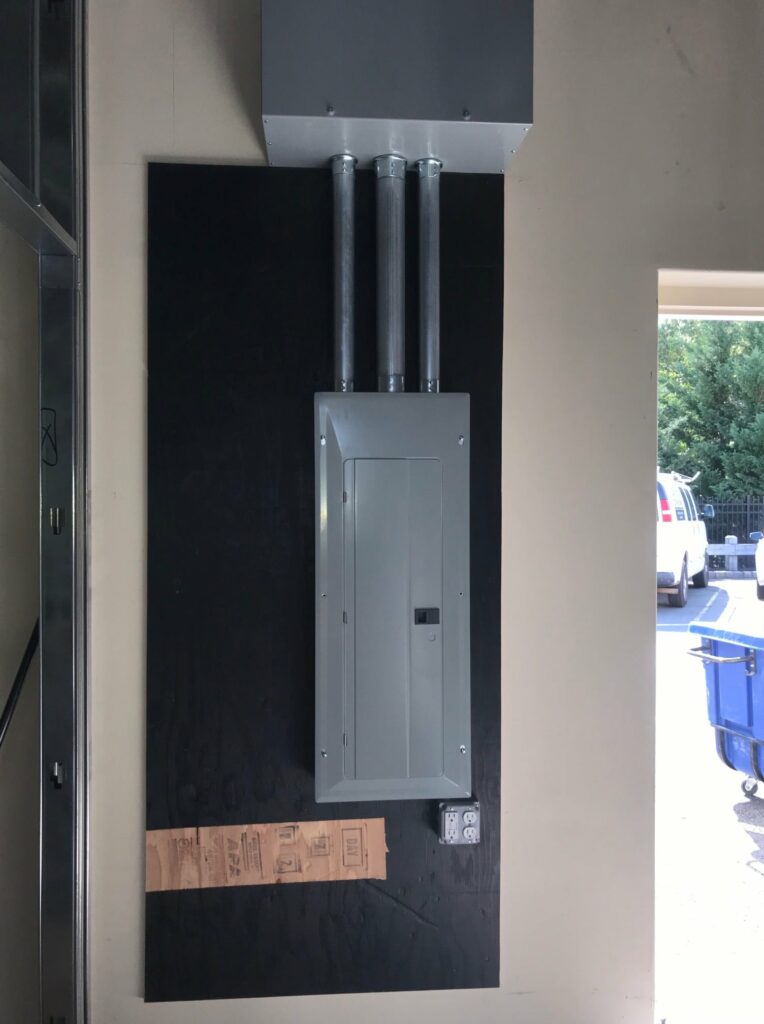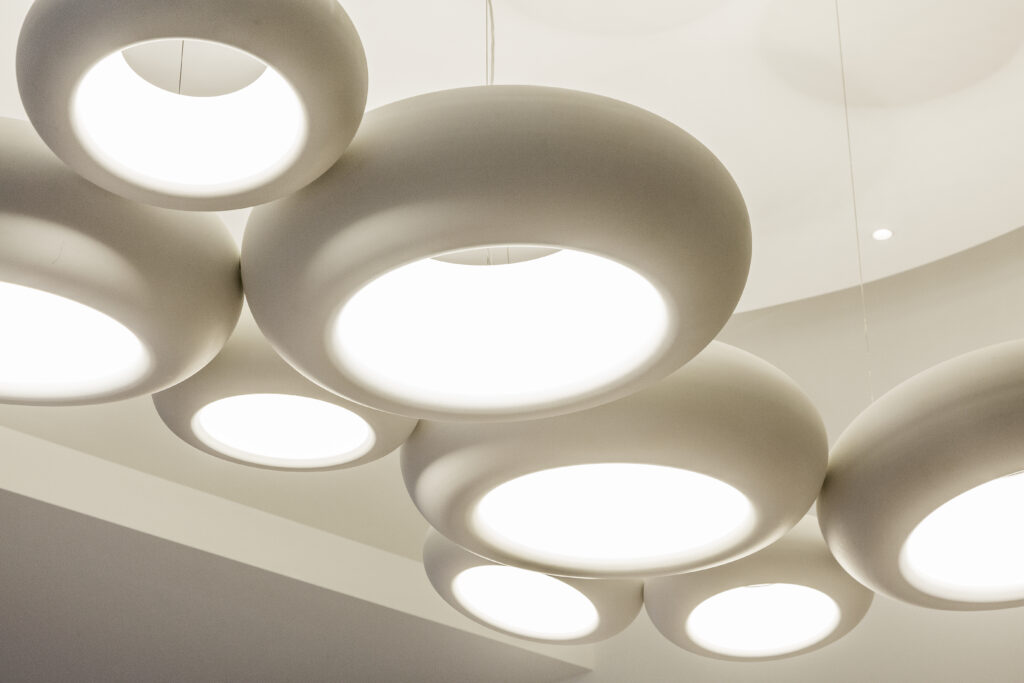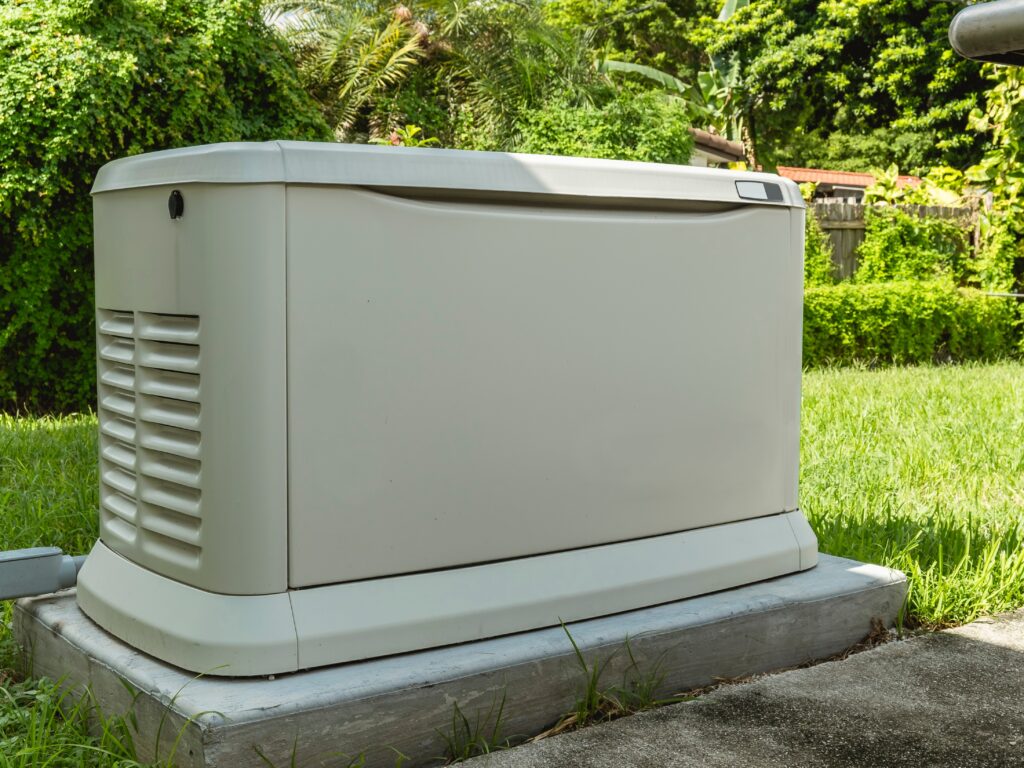When it comes to electrical installations, the placement and type of outlets in your home play a crucial role in ensuring convenience, safety, and functionality. Whether you’re renovating, building new, or simply upgrading, understanding the nuances of outlet placement and the array of available options is essential for a seamless electrical setup. We are going to review the factors to consider when choosing the right electrical outlets for your residential needs in New Jersey.
Determining Outlet Placement
When it comes to choosing the right electrical outlets for your residential needs, where you have such outlets is one of the key decisions you have to make. When strategizing outlet placement, practicality and efficiency should be your guiding principles. Consider the layout of your space, the furniture arrangement, and the potential usage scenarios.
Key areas where outlets are typically needed in a home include:
- Living Areas: Install outlets at regular intervals along walls to accommodate lamps, entertainment systems, and charging devices. Electrical requirements vary by city and location; your local residential electrician can ensure your home is up to code.
- Kitchen: Place outlets above countertops, near appliances, and along the backsplash to power kitchen gadgets and small appliances. Make sure you have outlets in easy to access locations for anything you may need to power, such as a coffee pot, toaster, etc.
- Bedrooms: Install outlets near bedside tables, at desk areas, and in walk in closets for powering lamps, electronics, and charging stations.
- Bathrooms: Install GFCI (Ground Fault Circuit Interrupter) outlets near sinks, showers, and tubs to prevent electric shock in wet environments.
- Outdoor Spaces: Ensure weatherproof outlets for decks, patios, and garages to power outdoor lighting, tools, and appliances.
Keep in mind, as referenced above, most local residential electrical codes are based on the NEC, the National Electrical Code, a model code that provides guidelines on which local communities often model their own residential codes. Your local electricians will be able to guide you through the requirements.
Exploring Outlet Types
Now, let’s get down to it and review how you can be sure you select the right electrical outlets for your residential needs. Today’s market offers a variety of outlet types to suit different needs, each designed to enhance convenience, safety, and functionality in your home. Let’s explore these options in more detail:
- Standard 2-Prong Outlets: Although less common in modern electrical installations, standard 2-prong outlets are typically found in older homes and may be used for basic electrical devices such as lamps and smaller appliances that do not require a grounding connection.
- Standard 3-Prong Outlets: These are the most common outlets, providing power for a wide range of devices and appliances. From kitchen appliances like blenders and toasters to entertainment devices such as TVs and gaming consoles, standard 3-prong outlets are the backbone of electrical power distribution in homes. This type of outlet features two slots and a grounding hole.
- USB Outlets: Gaining popularity in recent times, this type of outlet, equipped with USB ports alongside standard sockets, are ideal for charging smartphones, tablets, and other USB-powered devices directly without adapters, making them a convenient addition to bedrooms, living rooms, home offices, and kitchen areas where multiple devices need to be charged simultaneously.
- GFCI Outlets: Essential in areas prone to moisture, GFCI outlets automatically cut power to prevent electric shock if they detect a ground fault, making them vital components in kitchens, bathrooms, outdoor spaces, and any location where water and electricity may come into contact.
- Tamper-Resistant Outlets: Designed with built-in safety mechanisms, these outlets protect children from inserting foreign objects into the slots, ensuring a safer environment in residential settings where curious little hands may explore.
- Smart Outlets: These innovative outlets can be controlled remotely via a smartphone app or voice commands, allowing users to turn devices on or off, schedule operation times, and monitor energy usage, providing enhanced convenience, energy efficiency, and home automation capabilities.
Selecting the right electrical outlet installation involves careful consideration of placement and type to optimize functionality and safety. The variety of electrical outlets available in today’s market cater to diverse needs, ensuring convenience, safety, and functionality in residential settings. Whether you’re seeking traditional options like standard 3-prong outlets or embracing smart technology with remote controlled outlets, there’s a solution to meet your requirements.
When it comes to electric outlet installation and replacement in Ocean and Monmouth Counties, New Jersey, Clutch Electrical is here for you and your home. With a commitment to excellence, safety, and customer satisfaction, Clutch Electrical offers comprehensive residential electrical services tailored to your specific needs. Whether you require standard outlets, USB outlets, GFCI protection, or specialized installations, our team of skilled professionals is equipped to handle it all.
Contact Clutch Electrical today to ensure a seamless and safe electrical setup that meets your requirements.






